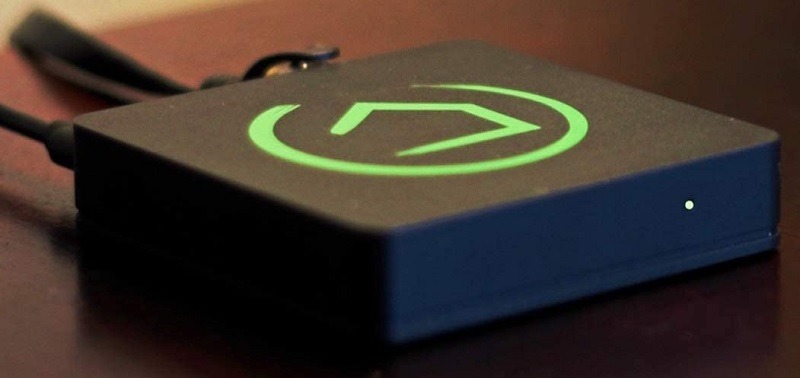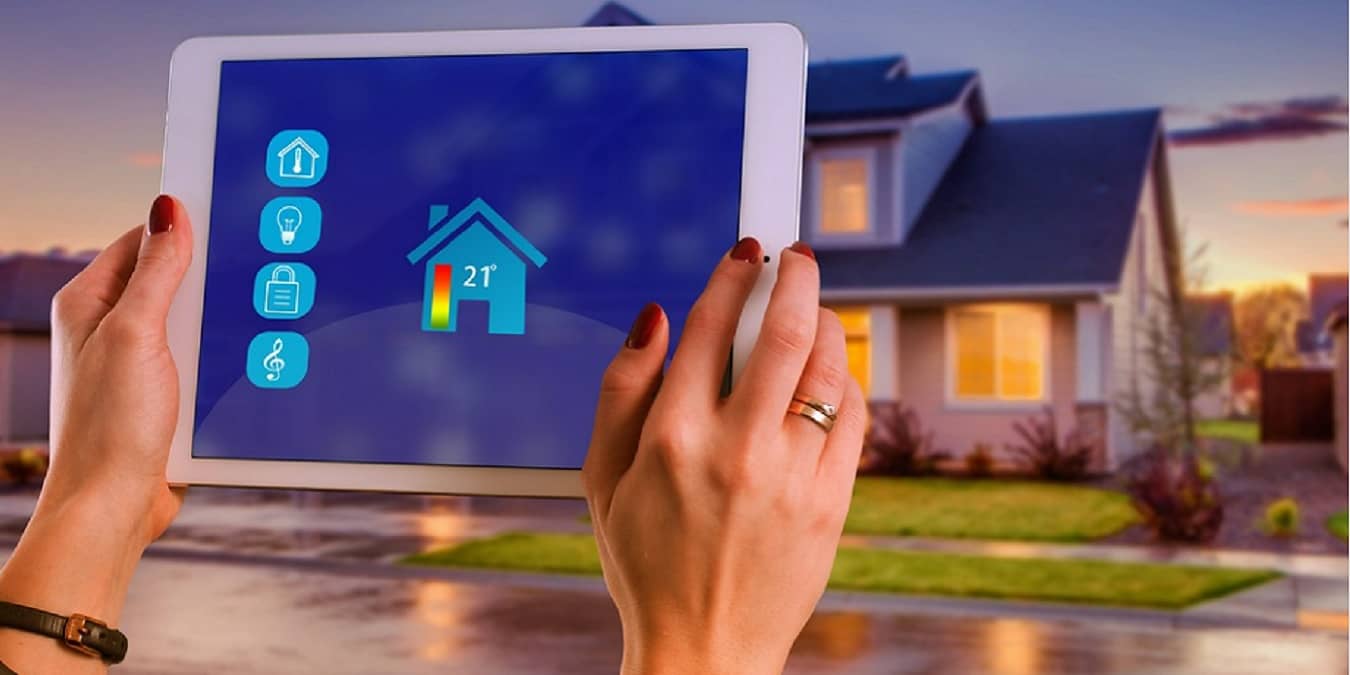
Smart home and Internet go hand in hand. But, is it possible to use a smart home without Internet? With worries about data privacy, you might prefer controlling your smart devices without a constant Internet connection. To answer the question – it is possible to go smart without Internet, technically.
Your Options Are Limited
Every smart home device isn’t going to work without an Internet connection. The truth is, many of them must have a connection to function. For instance, smart home assistants like Google Assistant and Amazon Alexa won’t work at all unless they can connect to the Internet. This also means popular devices like Amazon Echo devices and Google Nest Hub devices won’t work at all either. Smart home devices are complex and often require Internet access.

You have to limit your devices to those that support specific types of offline connections, such as Zigbee, Z-Wave, and Bluetooth. Even Thread can work offline, to a point. Even with Zigbee and Z-Wave, some devices still may not function properly if they rely upon information from cloud servers.
Setup a Compatible Hub
Even when devices work offline, they still need a way for you to control them. If you have to manually turn off your smart lights, they’re not exactly smart anymore. A hub lets you still connect and control your devices via an app. You get the smart without all your data being sent to the cloud. There are actually a variety of devices that work without sending data to the cloud.
Smart devices must have a way to connect. Otherwise, they’re just everyday dumb devices. This is why the hub is necessary. If all the devices you’re using utilize Bluetooth, a hub isn’t necessary.
A few hubs to consider include:
- Hubitat Elevation
- Aeotec Smart Home Hub (serves as a SmartThings, Zigbee, and Z-Wave hub)
- Philips Hue (only for Philips lighting and only for local use)
You can also set up your own hub by using Home Assistant or openHAB. These let you automate your home without being tied to a specific brand/ecosystem.
Even with these hubs, devices may not work fully. However, they will store data locally versus online, if you choose. Any features that require internet, such as voice control, won’t work.
Look for Compatible Devices
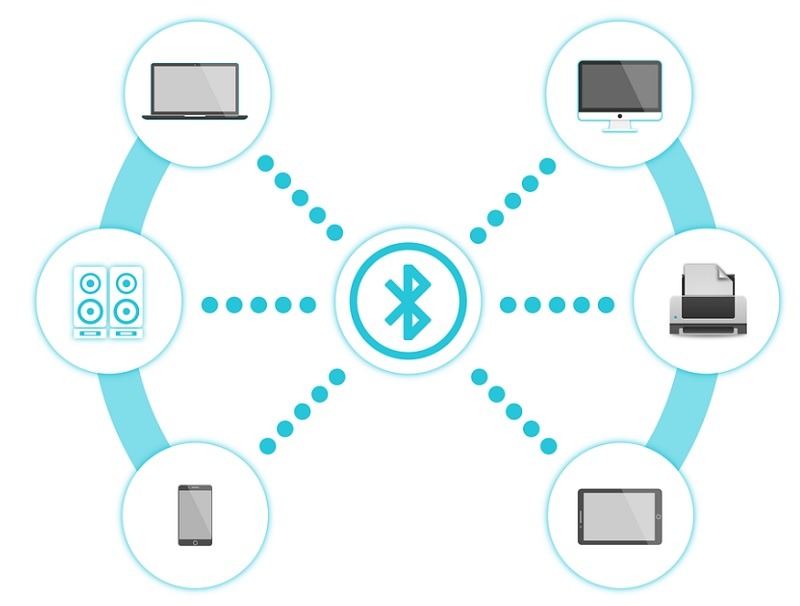
To use a smart home without Internet, you need devices that also work without Internet. For instance, opt for security cameras with local storage or smart locks that use Bluetooth versus Wi-Fi. Also, depending on whether you opted for Zigbee or Z-Wave, look for devices compatible with those connection protocols.
Consider Sensors
Without Internet access, you won’t be able to trigger smart home devices based on your phone’s proximity. Instead, buy motion sensors that will let you automate when your lights turn on based on when your car pulls into the driveway. Sensors give you more flexibility, but can be tricky to set up. After all, you don’t want your hall lights turning on just because the cat walked by.
Accept What’s Not Possible
Before you get too excited about the prospect of a smart home without Internet, remember that much of what you’re used to isn’t going to be possible.
First, you won’t be able to use voice assistants. These rely upon the Internet to analyze your requests and process them. You will be limited to an app to control your devices. Many features of your devices may not work. Depending on your hub’s capabilities, you may or may not be able to use geofencing.
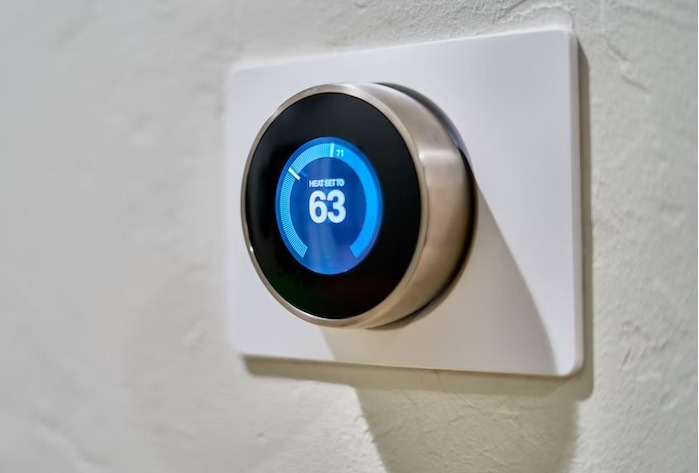
Another issue is your devices work locally only. Your devices have to use Wi-Fi if you want to control them remotely. Want to turn on your lights while you’re on vacation? Not possible. Need to adjust your thermostat from work? Not happening.
While the basic functions of many smart home devices continue working when the Internet goes down, the smart part doesn’t. Creators realized that certain smart home devices would still need to work even without Internet access, such as your thermostat. You can still control these manually and some with an app if you’re at home.
What’s the Benefit of a Disconnected Smart Home?
To be honest, not much. If privacy is a major concern, your data is being stored locally versus online. However, you’re giving up most of the smart benefits, such as control of your devices wherever you are, voice control, and more features.
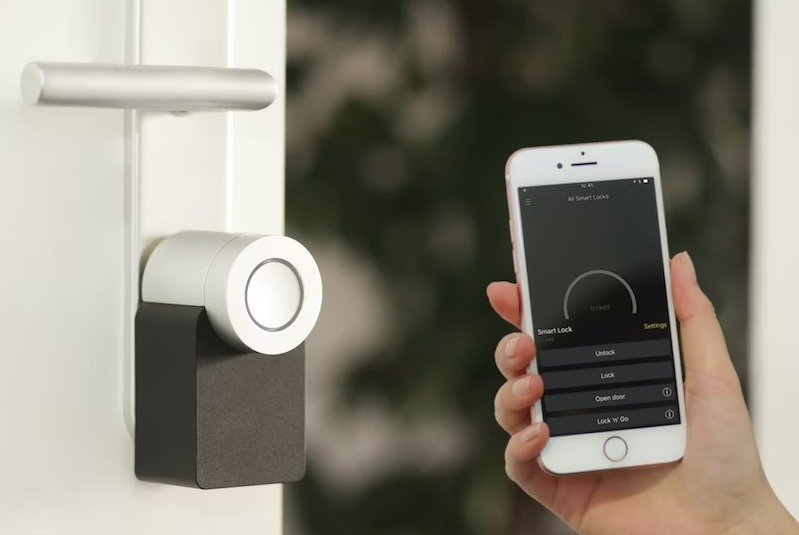
If your Internet goes down frequently, it is worth considering which devices will still function, even if it’s just limited functionality. After all, you wouldn’t want your smart lock to lock you out just because the Internet is down.
So, the short answer is yes, a smart home may technically work without Internet, but not very well. Plus, getting everything setup is much more complicated and it’s far more difficult to control.
Instead, increase privacy by looking for smart home devices that don’t require cloud storage, such as security cameras and smart doorbells with local storage. Skip voice assistants and smart speakers/TVs that listen constantly for the wake word.
Otherwise, a smart home really is a compromise between convenience and privacy. But, a smart home can also be safer thanks to instant alerts from cameras and sensors.
Frequently Asked Questions
Will I ever need to connect to the Internet with a disconnected smart home?
Yes. Hubs require occasional firmware and security updates to work right. This is especially true when connecting newer devices.
How can I make my smart home more secure without disconnecting from the Internet?
Always use a strong Wi-Fi password and keep your network private. Setup encryption on your router. Also, use strong and unique passwords for all your device accounts. Finally, always install security and firmware updates to fix recently discovered vulnerabilities.
Image credit: Pixabay
